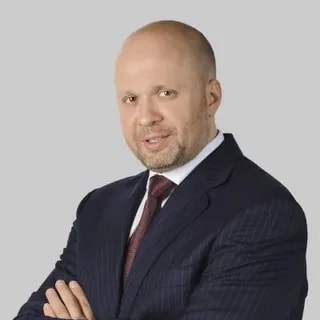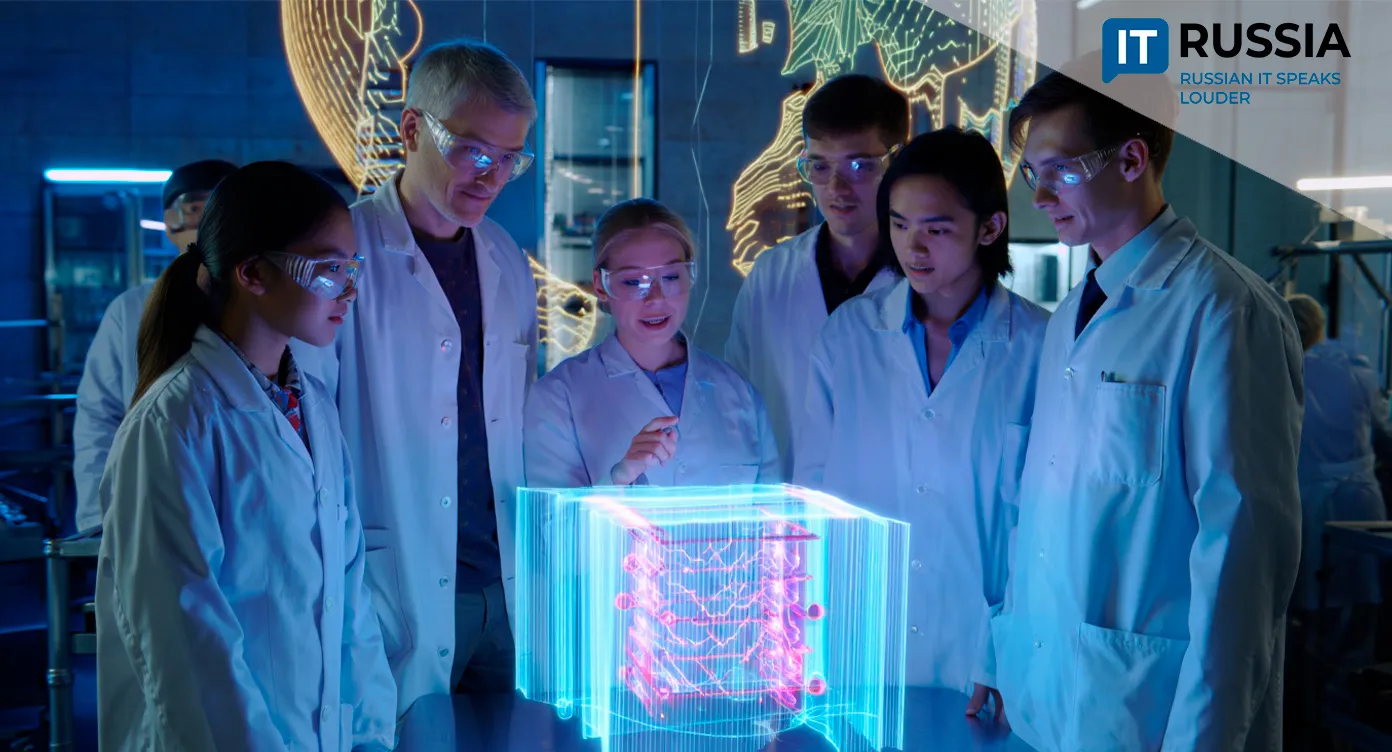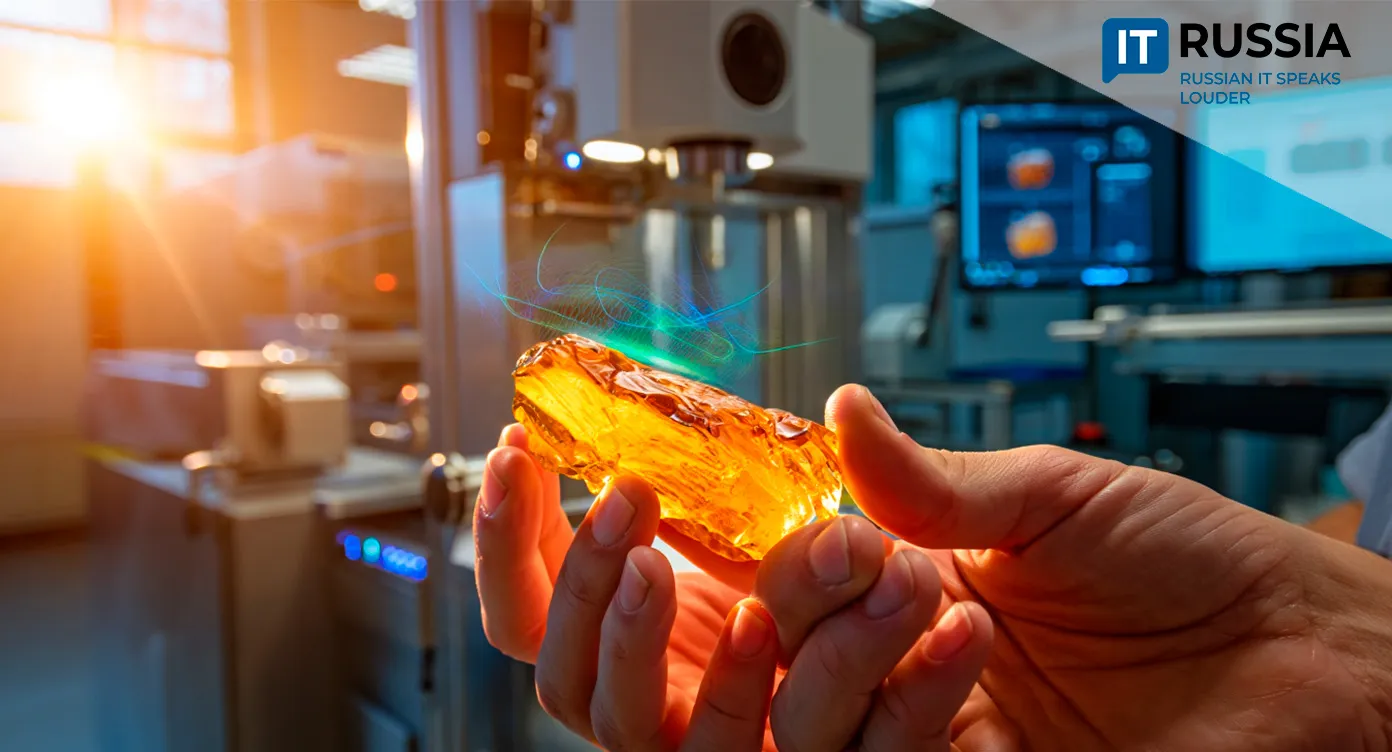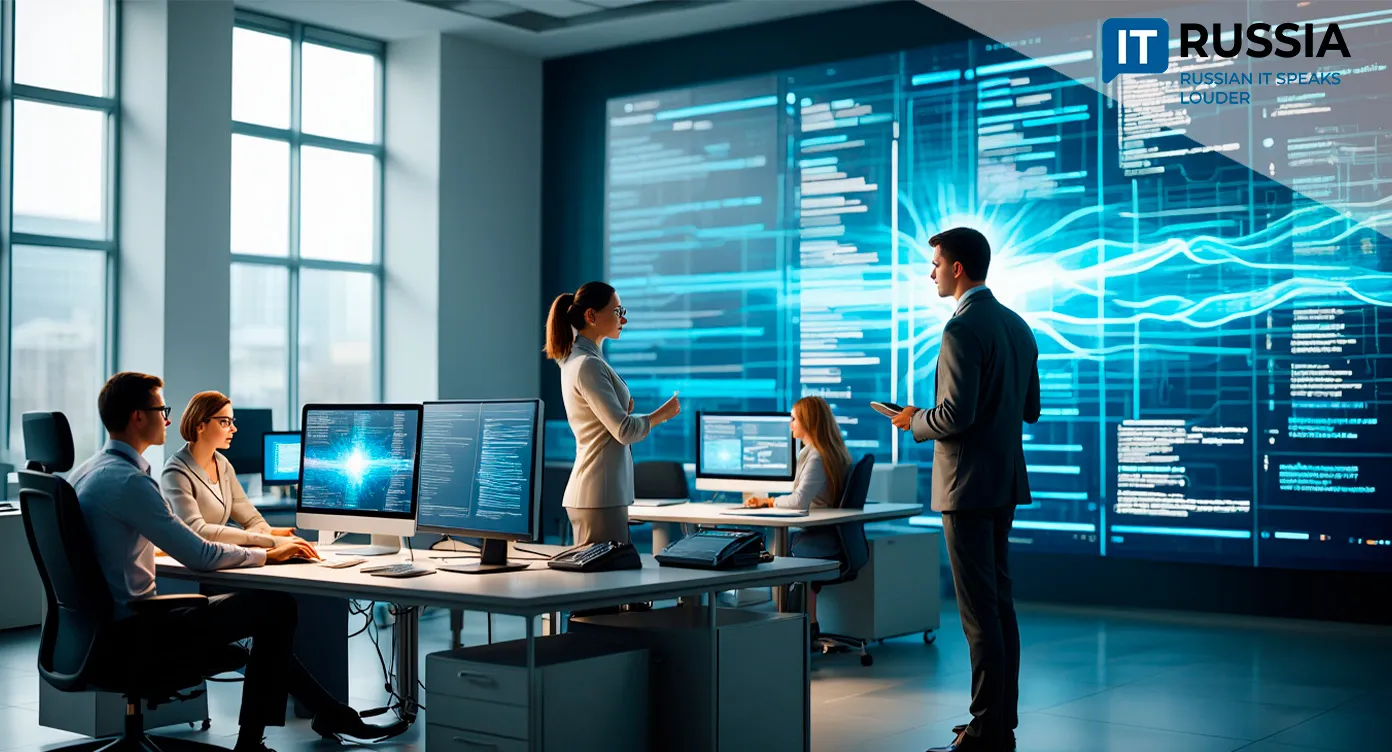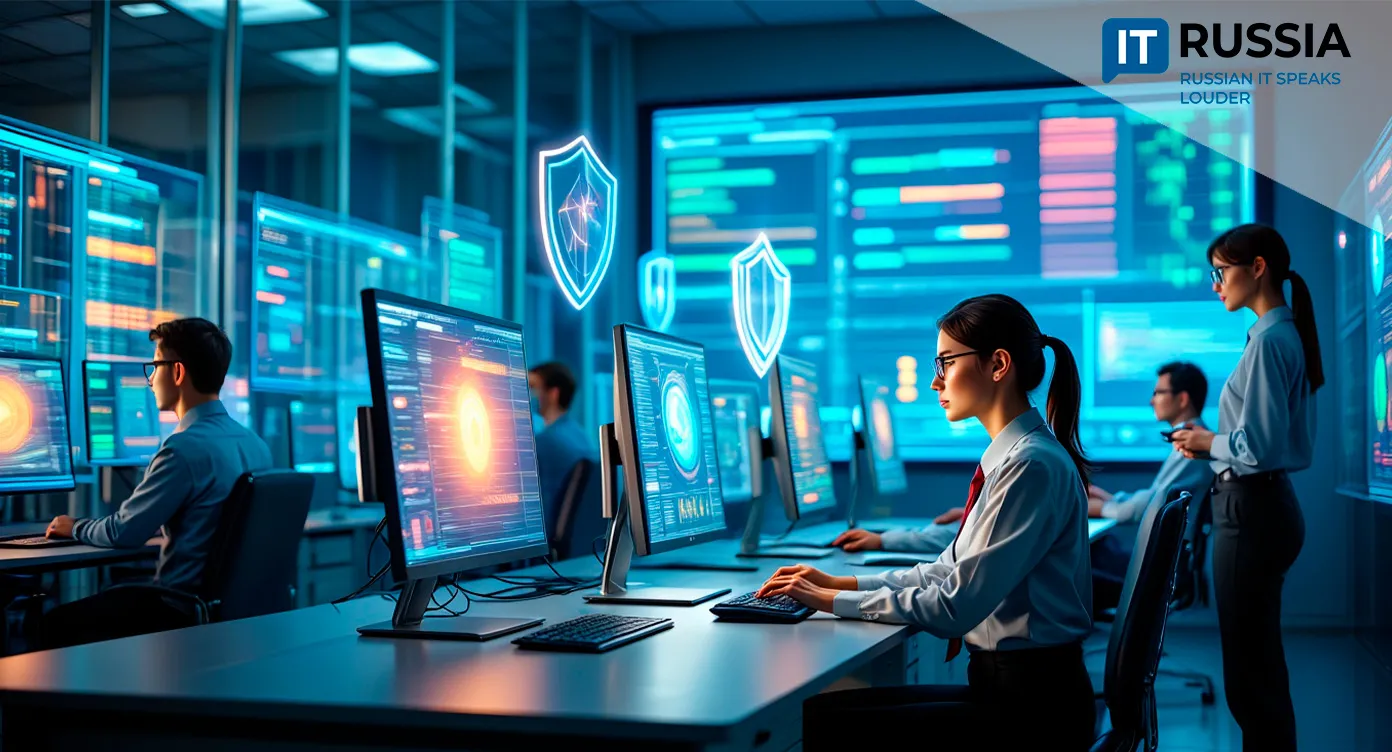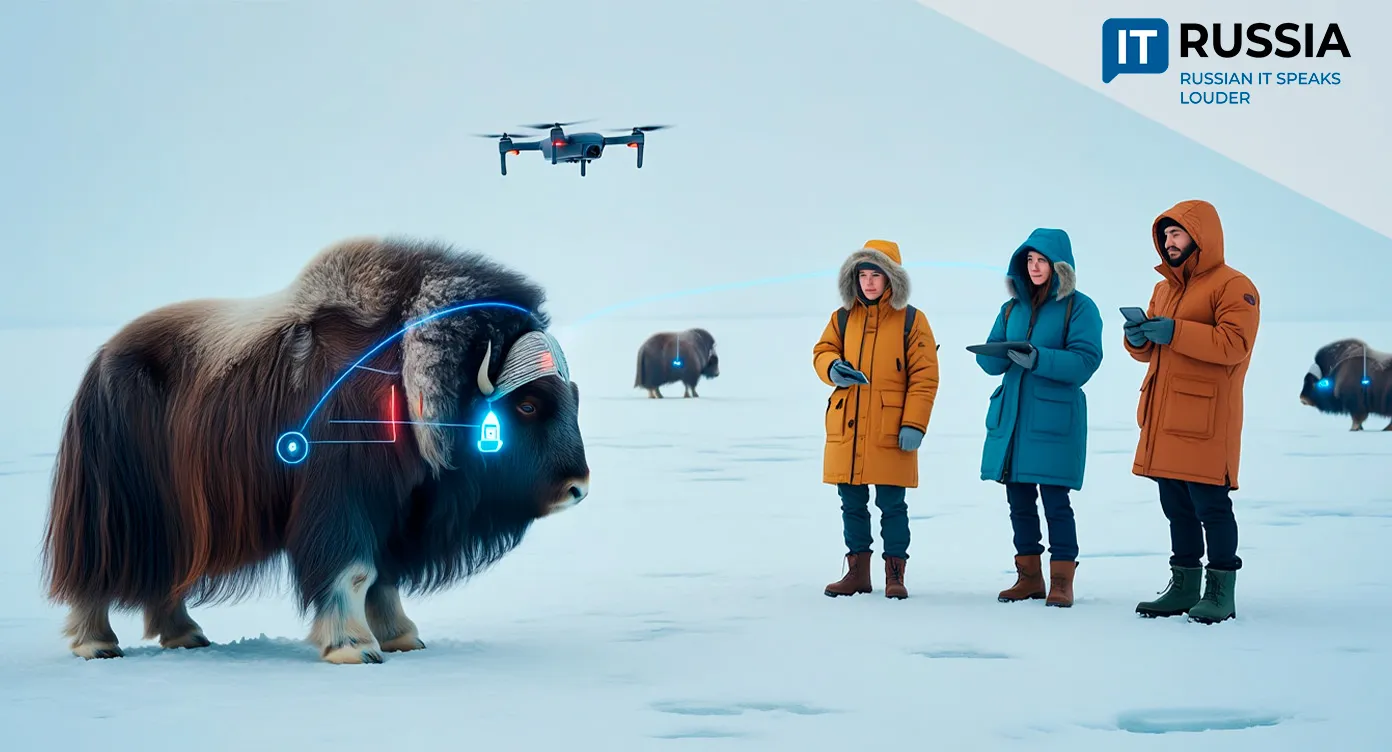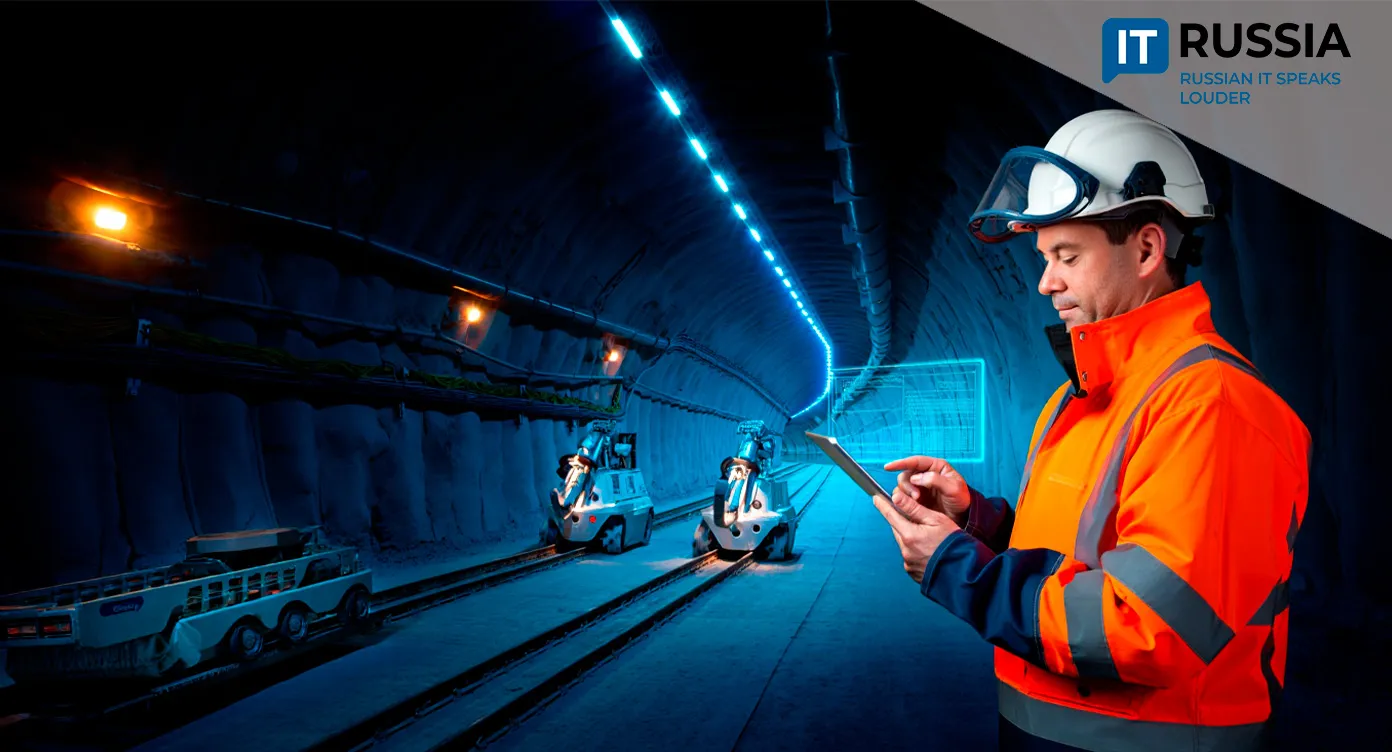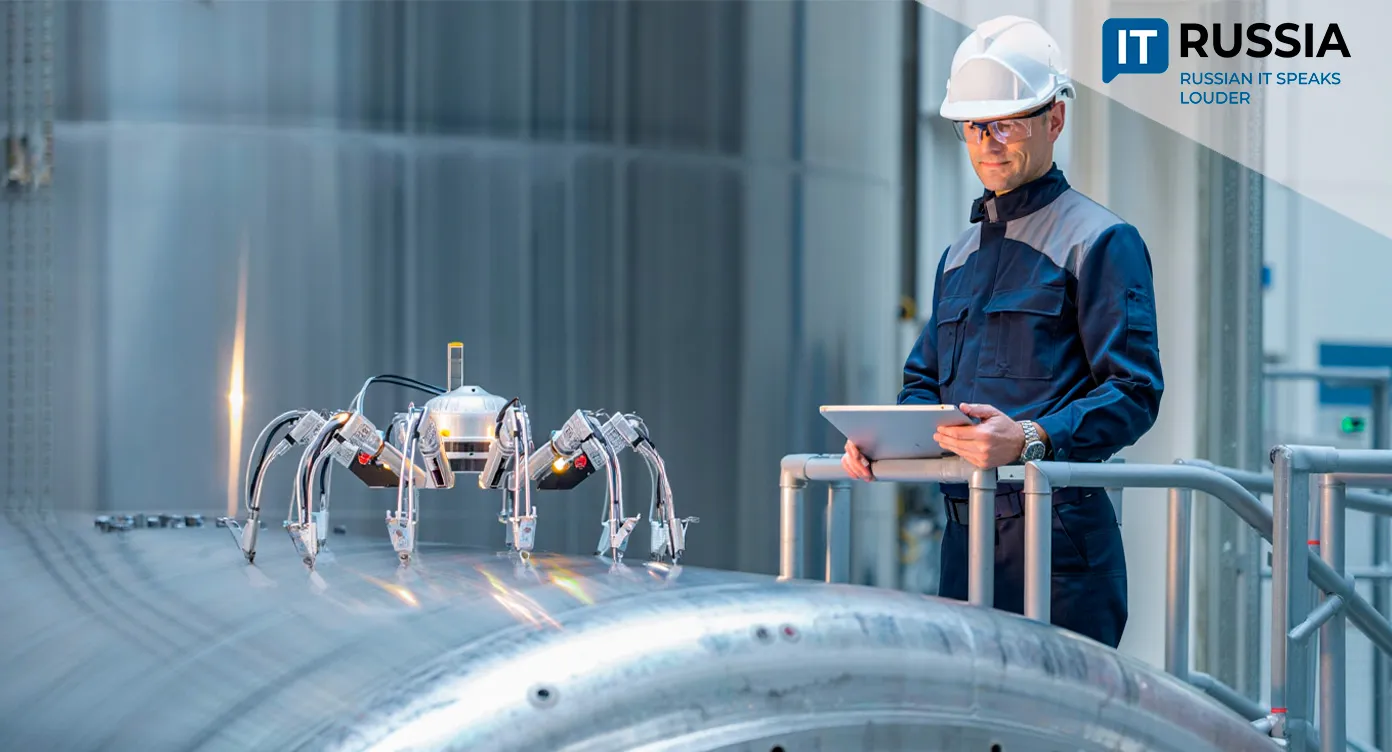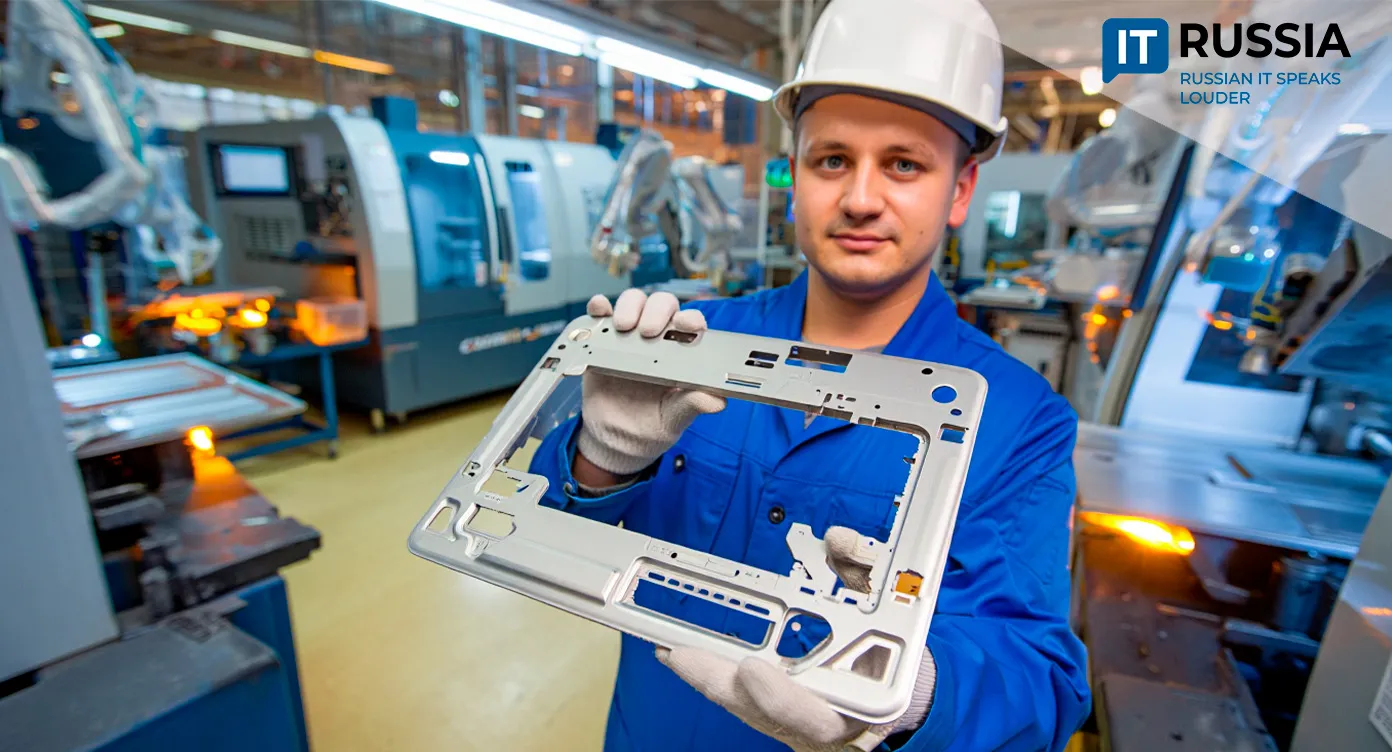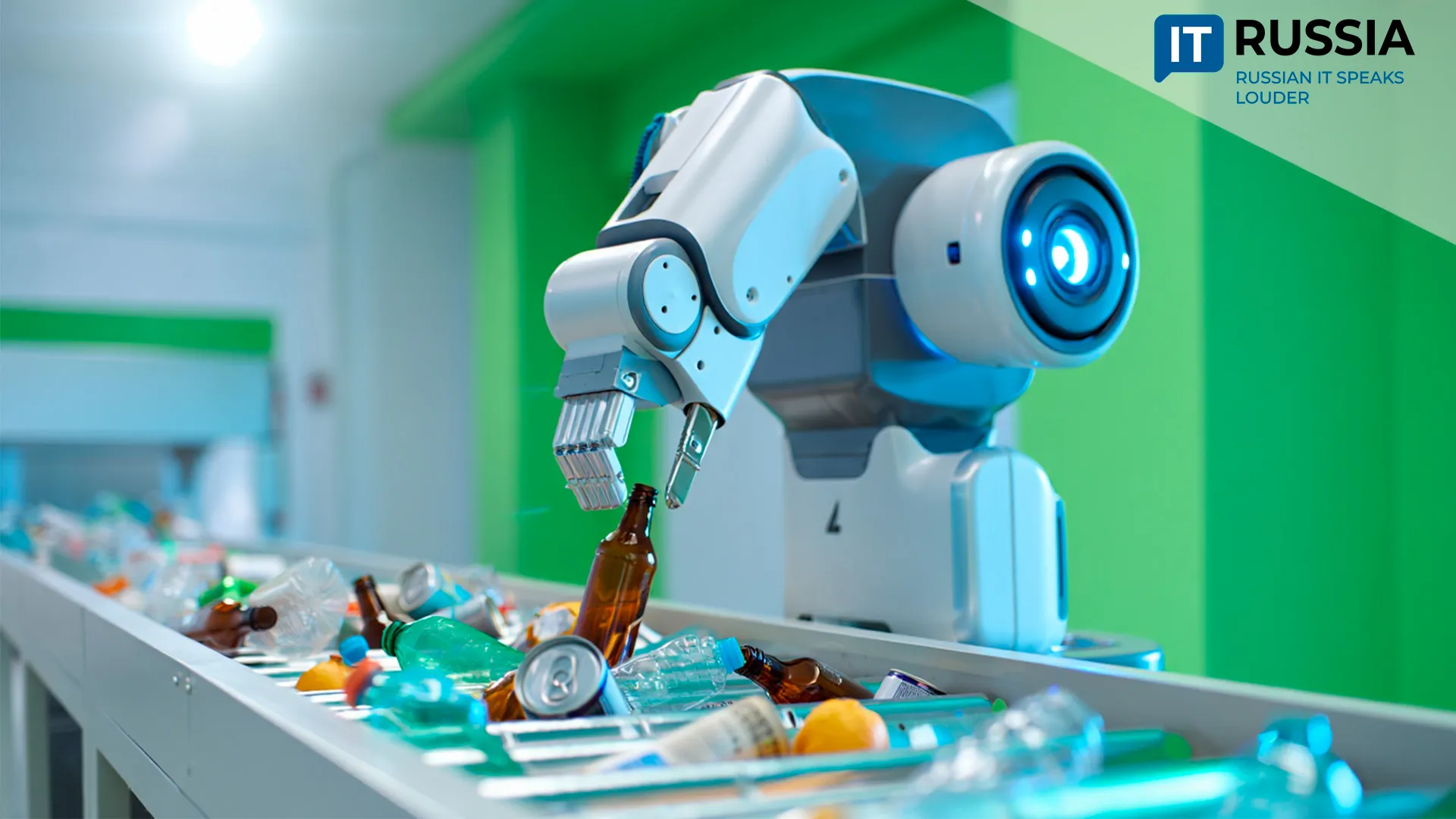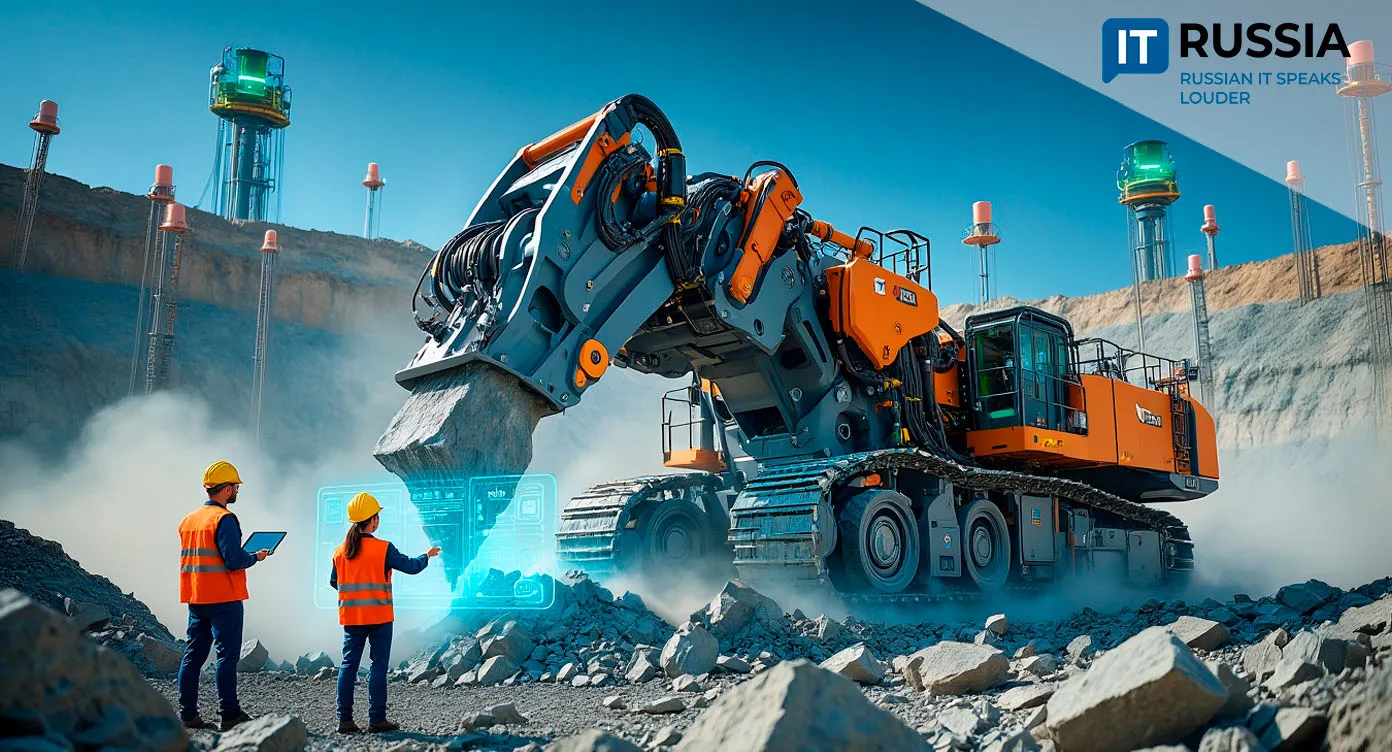Hardware for Digital Independence: Russia’s New Certified Server Marks a Strategic Shift
The certification of a new Russian 2U-class server signals a transition from fragmented initiatives to a systematic industrial policy of IT import substitution — opening the door to localized solutions for AI, data centers, and critical infrastructure sectors.

AI, Security, and Sovereignty — All in a 2U Form Factor
The MLT-S server, developed by the Russian company Multillect, has been certified and included in the Unified Register of Russian Radio-Electronic Products by the Ministry of Industry and Trade. Built on fifth-generation processors, it offers an optimal balance of performance and cost-effectiveness while meeting technical and quality standards required for critical information infrastructure.
The MLT-S supports a wide range of operating systems, including Astra Linux, and is compatible with major virtualization systems, allowing it to handle workloads involving artificial intelligence applications. Housed in a 2U form factor, the system fits seamlessly into standard server racks. Mass production will be based at the Azimut plant — part of the Rostec state corporation — providing industrial scalability and a secure domestic supply chain.

The MLT-S is already slated for delivery to leading Russian state corporations and financial institutions, reflecting strong market demand and confidence in the product’s reliability.
Servers as Both Shield and Bridge
For Russia’s IT sector, this certification represents a decisive step toward technological self-sufficiency by reducing dependence on foreign server hardware, especially under ongoing sanctions. Nationally, it strengthens the security of critical infrastructure, supports high-tech job creation, and advances a fully domestic production cycle.
For end users and businesses, it enhances the resilience of national IT infrastructure against global supply shocks and potential component shortages. While its current scope is domestic, the MLT-S could become part of a broader export strategy within friendly markets — forming a cornerstone of what analysts are calling the emerging 'Digital South.'
A Systemic Breakthrough in Server Manufacturing
The MLT-S is part of a broader wave of growth in Russia’s IT hardware manufacturing since 2022, driven by accelerated import substitution policies. The Ministry of Industry and Trade’s registry now includes dozens of locally made servers, data storage systems, and network solutions.
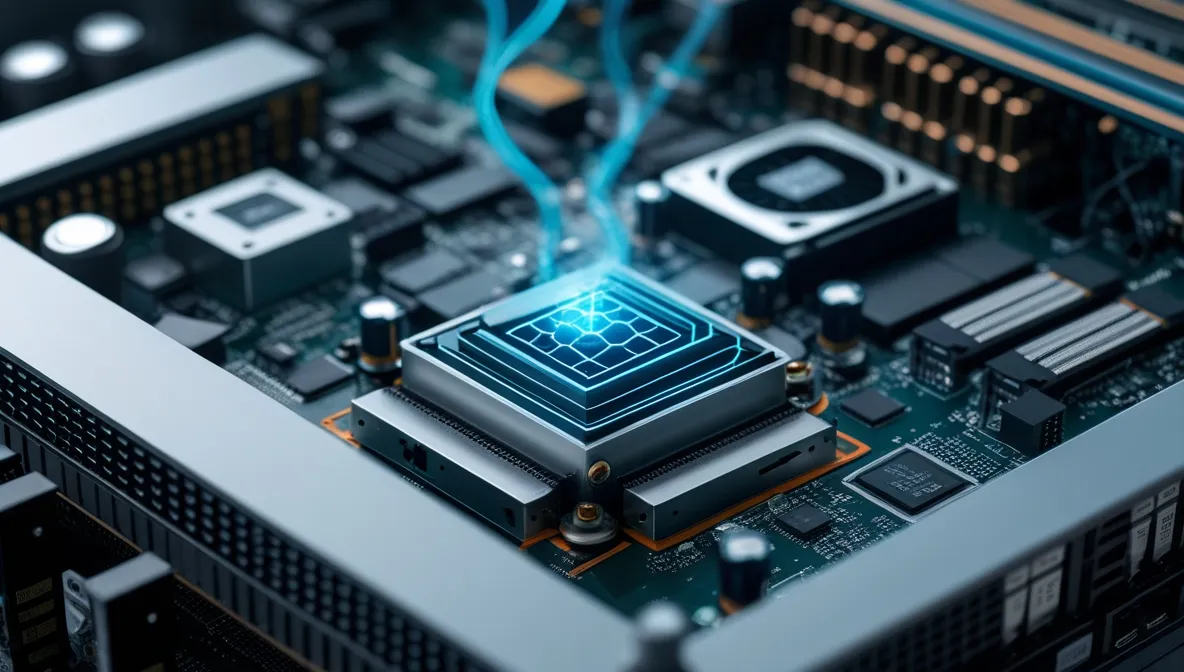
In July 2025, the Russian firm STSS announced the registration of its URANUS UR227 2U-Int server, designed for tasks ranging from video surveillance and conferencing to high-performance computing. Other domestic leaders — RDW Computers (Altai and Kavkaz series), YADRO (X2 and X3 lines), SILA (Volga 4U), and Aquarius (AQserv family) — have also expanded their certified product portfolios.
Together, these initiatives illustrate the evolution from policy-driven substitution to a sustainable, competitive manufacturing base. According to recent data, demand for migration of IT workloads to Russian cloud environments increased by more than 50% between January and August 2025, underscoring the market’s momentum toward digital sovereignty.
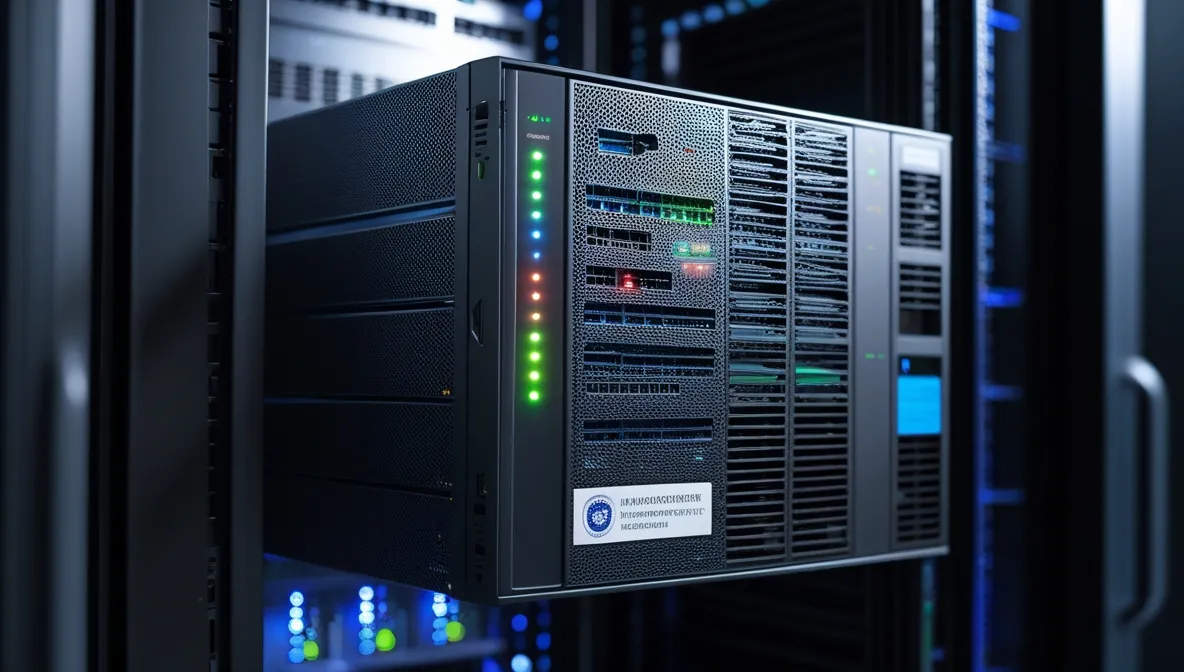
From Certification to Sovereignty
The MLT-S server’s inclusion in the national registry represents more than compliance — it is a marker of Russia’s ability to develop secure, scalable hardware infrastructure for its digital economy.
State agencies and major enterprises are expected to ramp up purchases in the coming months. For long-term success, manufacturers must address three challenges: securing a domestic component base, maintaining competitiveness with both international and local rivals, and developing a full ecosystem of compatible software, services, and technical support.
Despite these hurdles, the certification confirms a shift toward systemic, industrial-scale development of trusted computing platforms — positioning the MLT-S as both a symbol and a tool of Russia’s digital independence.


